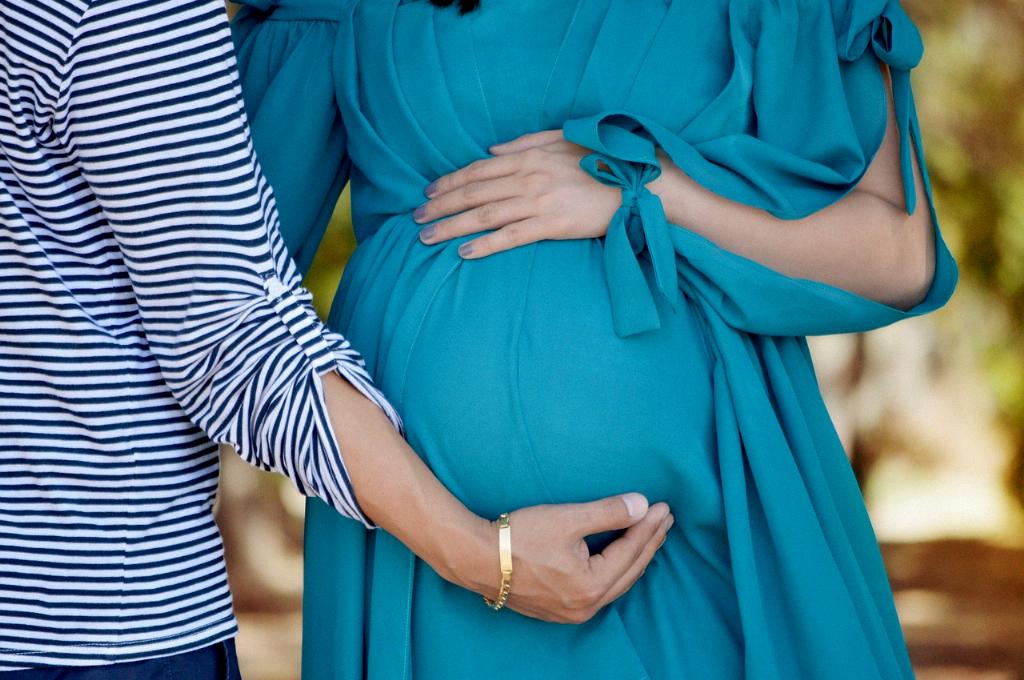Are you confused or concerned about why your positive pregnancy test appears to have faded to negative? This can be a distressing experience for many women who were excited about the prospect of pregnancy. Let’s delve into some potential reasons behind this phenomenon to help shed some light on what might be happening.
Implantation Bleeding
One possible explanation for a fading positive pregnancy test could be implantation bleeding. This occurs when the fertilized egg implants itself into the uterine lining, leading to some light spotting. If you experienced implantation bleeding around the time of your positive test, it could affect the level of hCG detected in subsequent tests.
Early Miscarriage
Another unfortunate possibility is that a faint positive test followed by a negative result could indicate an early miscarriage. Miscarriages, though emotionally challenging, are more common than most people realize, occurring in approximately one-quarter of pregnancies. This could explain the shift from a positive to a negative test result.
Test Sensitivity
It’s essential to consider the sensitivity of the pregnancy tests you are using. Some tests are more sensitive to hCG levels than others, meaning they can detect pregnancy earlier. If you initially used a highly sensitive test and then switched to a less sensitive one, this change in detection threshold could account for the apparent shift in results.
Dilution of Urine
The concentration of hCG in your urine can vary throughout the day due to factors like hydration levels. If you took your initial test with concentrated urine in the morning and then retested later in the day with more diluted urine, this could lead to a lighter test line or a negative result despite being pregnant.
Timing of Testing
Timing is crucial when it comes to taking a pregnancy test. Testing too early after conception can result in a faint positive that later appears negative as hCG levels fluctuate during the early stages of pregnancy. Waiting a few days or a week before retesting can provide more accurate results.
Chemical Pregnancy
A chemical pregnancy occurs when a fertilized egg fails to implant or is unable to develop, resulting in very early pregnancy loss. This type of miscarriage is often associated with a positive test followed by a negative one as hCG levels drop quickly after the initial detection.
Issues with Test Quality
While pregnancy tests are generally reliable, issues with test quality can occasionally occur. Expired tests, faulty batches, or improper storage can all impact the accuracy of results. If you suspect a problem with the test itself, consider using a different brand or batch for confirmation.
Seeking Medical Advice
If you are concerned about the fluctuating results of your pregnancy tests, it is always advisable to consult with a healthcare professional. They can conduct further tests, such as blood tests or ultrasounds, to determine the status of your pregnancy and provide guidance on next steps.
Emotional Impact
The emotional toll of experiencing a faded positive pregnancy test can be significant. It’s essential to prioritize self-care and seek support from loved ones or a counselor if needed. Remember that your feelings are valid, and it’s okay to grieve or seek help during this challenging time.
Conclusion
In conclusion, there are various reasons why a positive pregnancy test may fade to negative, ranging from implantation bleeding and early miscarriages to test sensitivity and urine dilution. Understanding these factors can provide some clarity during this uncertain time. Remember to take care of yourself both physically and emotionally as you navigate the complexities of early pregnancy testing.

